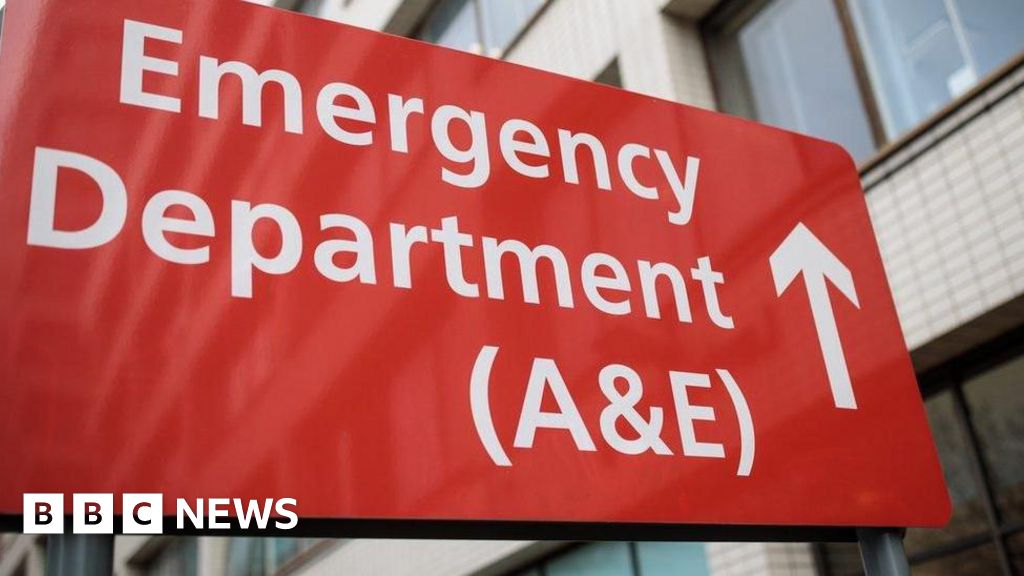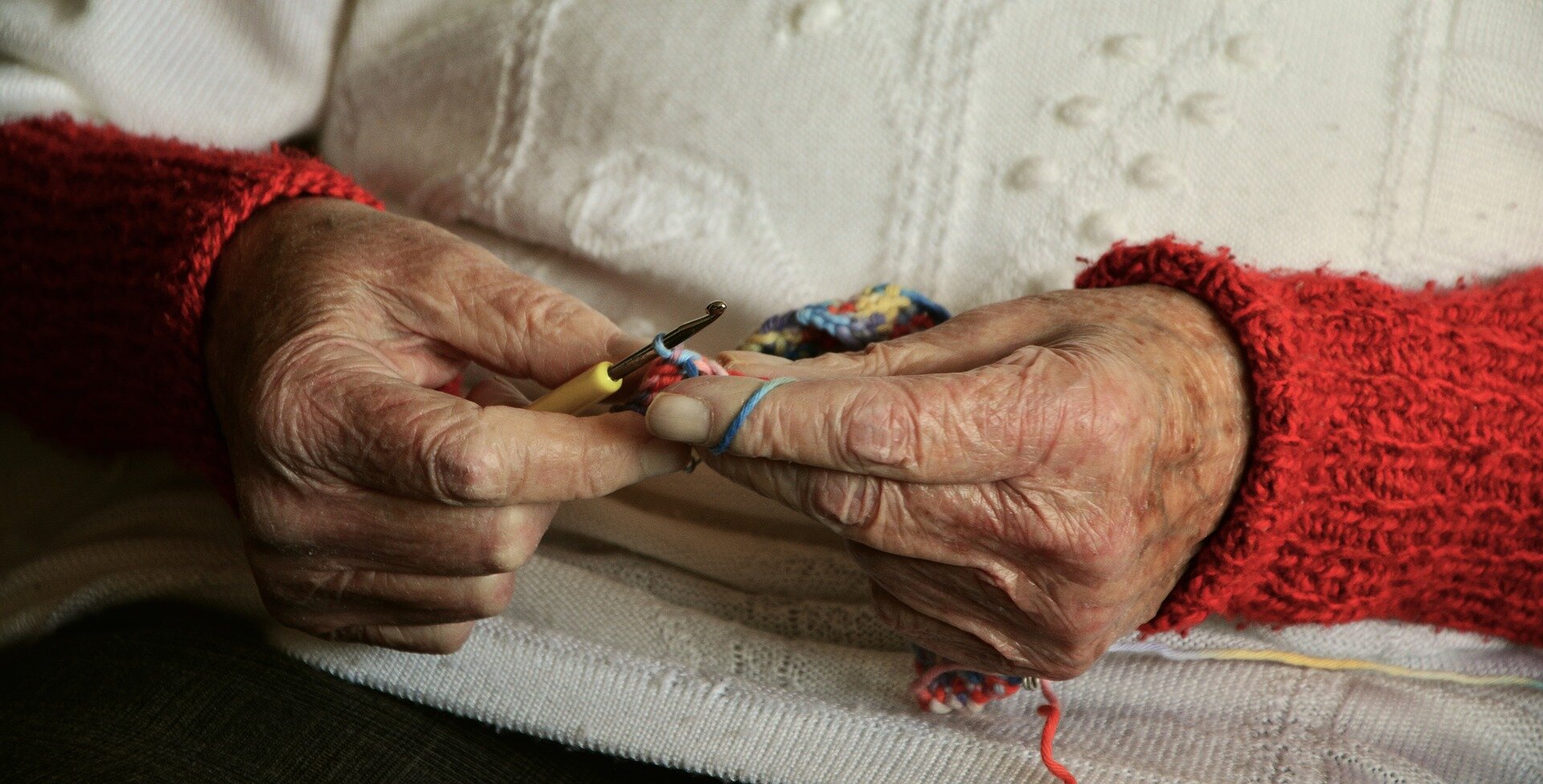Health Secretary Wes Streeting has told health chiefs in England to prioritise safety even if it means performance against the four-hour A&E target slips this winter.
The message was delivered at a meeting with hospital bosses and other NHS leaders in London on Monday amid mounting concern about the winter pressures that are building.
Last week data showed hospitals were experiencing significant pressures for this stage of the winter, with ambulances facing long waits outside A&E and 95% of hospital beds full.
Government sources said the health secretary wanted to provide “reassurance” to the NHS that it would not be penalised if performance against the target deteriorates.
They said it did not mean the target was being dropped, but that patients must be prioritised according to “clinical need”.
“We have to be realistic about what can be achieved in the coming months.”
NHS leaders were also told everything possible must be done to reduce ambulance delays when they drop patients at hospital – at the start of December two-thirds of crews were experiencing long waits, delaying their ability to respond to 999 calls.
To hit the target, the NHS needs to see 95% of patients within four hours of them arriving. Figures for October shows just 73% are.
Speaking after the meeting, which was attended by 700 health leaders either in person or remotely, Streeting said: “We inherited a broken NHS that saw annual winter crisis as the norm. This year, we’re seeing record pressures on services as we move into December.
“I want to see patient safety prioritised as we brace ourselves for the coming months. I’m asking trusts to focus on ambulance delays, handovers and the longest A&E waits.”
NHS England chief executive Amanda Pritchard, who also attended the meeting, said the health service was facing “unprecedented demand” heading into winter.
“Patient safety must be paramount and speaking to local leaders today, the message was clear: we need every part of the NHS and social care partners, working together to manage demand and ensure patients with the most urgent needs are prioritised,” she said.
Dr Tim Cooksley, of the Society for Acute Medicine, said it was “concerning” the health secretary felt the need to spell out what the priorities should be for staff on the frontline.
“The stark reality is not that hospitals and staff on the frontline are manipulating targets, but that they are simply unable to deliver safe care even when trying their utmost to do so given the impossible situations they are in.”
He also accused the government of lacking a coherent strategy to tackle the pressures in the emergency care system, pointing to the fact the government has made it one of the key missions to deliver the 18-week target for non-urgent care this parliament, while not making the same commitment for the four-hour A&E target.
Last year in opposition Labour said they would hit all the key NHS performance targets including A&E, but this was not in the manifesto and has not been repeated since the election with ministers saying they cannot guarantee that the four-hour target will be hit.


